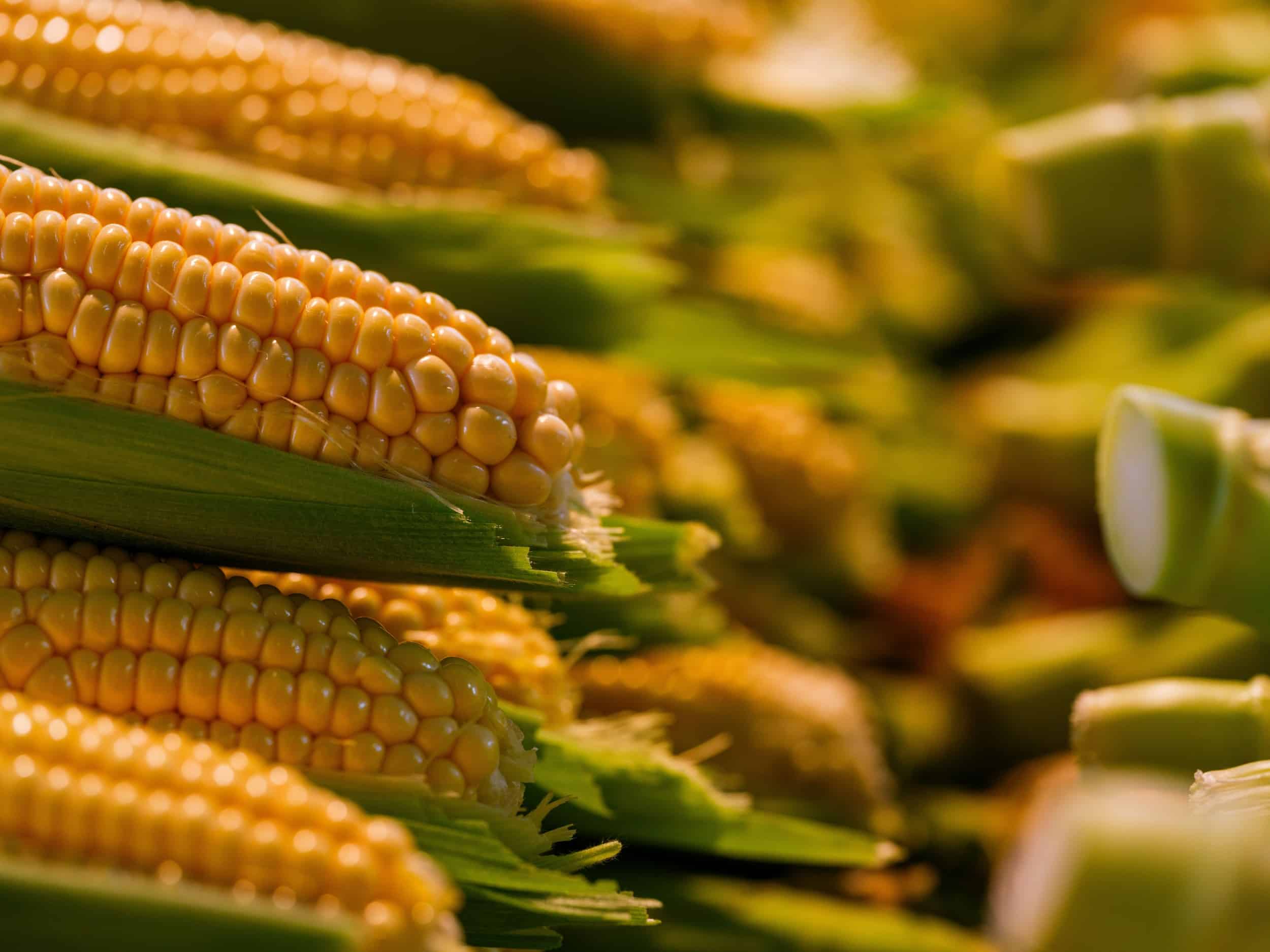Key Takeaways
- NewEnergyBlue and MetGen have announced a partnership to integrate their biomass conversion and enzyme technologies, aiming to economically compete with fossil-carbon products.
- NewEnergyBlue’s first U.S. biomass refinery in Mason City, Iowa, scheduled for 2027, will produce 21 million gallons of biofuel and 150,000 tons of lignin annually from locally sourced corn stalks.
- MetGen’s enzyme and lignin fractionation technologies will enable the production of high-value biochemicals and materials such as binders, phenols, and polyols.
- The collaboration emphasizes sustainability, with lignin-based products reducing greenhouse gas emissions by up to 90% compared to traditional methods.
- Plans include additional U.S. refineries and an early commercial lignin-to-chemicals project in Finland by 2026.
Integration of Biomass Refining and Enzyme Technologies
NewEnergyBlue, a clean-technology company focused on biomass refining, has partnered with MetGen, a Finnish company specializing in advanced enzymes and lignin fractionation. The collaboration aims to expand the economic and environmental benefits of converting agricultural residues into renewable biofuels and biochemicals.
NewEnergyBlue’s conversion process focuses on breaking down biomass into clean sugars and lignin, the structural foundation of plants. MetGen’s enzyme technology and lignin fractionation processes enhance this capability, making production more efficient and opening new markets for high-value products.
Alex Michine, founder of MetGen, stated: “Our partnership with NewEnergyBlue can deliver end-to-end solutions, from raw materials to finished products, attracting investment to scale biomass refining projects globally.”
First U.S. Biomass Refinery Scheduled for 2027
NewEnergyBlue’s inaugural biomass refinery, New Energy Freedom, will be located in Mason City, Iowa. It plans to convert corn stalks, a byproduct of grain harvests, into biofuels and clean lignin. Expected outputs include:
- 21 million gallons of second-generation biofuel annually.
- 150,000 tons of lignin, half of which will be used for solid and liquid applications.
Potential uses for lignin include natural binders for asphalt, phenols for sports equipment and fire-resistant materials, and eco-friendly polyols for insulation foams.
Thomas Corle, Chairman and CEO of NewEnergyBlue, noted: “MetGen’s enzyme and lignin technologies enhance our ability to scale production and enter high-value markets for bio-based materials.”
Global and Regional Expansion
The collaboration extends beyond the U.S., with MetGen planning a commercial lignin-to-chemicals project in Finland by 2026, using lignin sourced from a Danish refinery operated by Meliora Bio. This initiative highlights the flexibility of the technologies to process various feedstocks, including wheat straw and black liquor.
NewEnergyBlue also plans to build four additional U.S. refineries over the next five years, leveraging MetGen’s innovations alongside the Inbicon bioconversion technology, which NewEnergyBlue recently acquired from Ørsted.
Matti Heikkila, head of MetGen operations, remarked: “The integration of technologies brings opportunities for both global and regional expansion, with Finland positioned as a hub for lignin-to-chemical developments.”
Environmental and Economic Impact
The partnership emphasizes sustainability, with MetGen’s lignin-based products reducing greenhouse gas emissions by up to 90% compared to traditional methods like burning lignin for energy. Additionally, the projects are expected to provide:
- Economic benefits such as rural revitalization, new income streams for farmers, and job creation in construction and manufacturing.
- Market opportunities for licensing technologies to process various biomass sources globally, including sugar bagasse, energy grasses, and grain straws.
Corle concluded: “This partnership strengthens our financial and climate proposition, offering solutions that align with global sustainability goals and attract international interest.”


